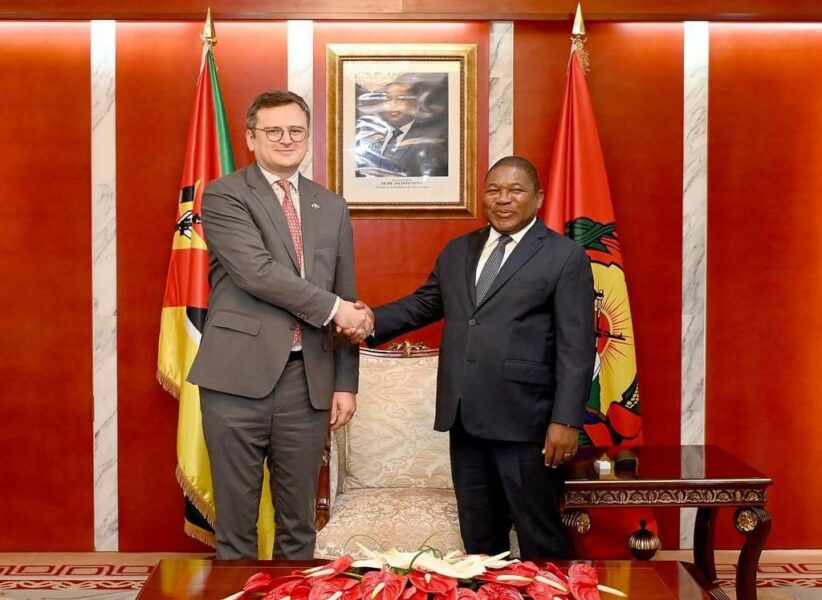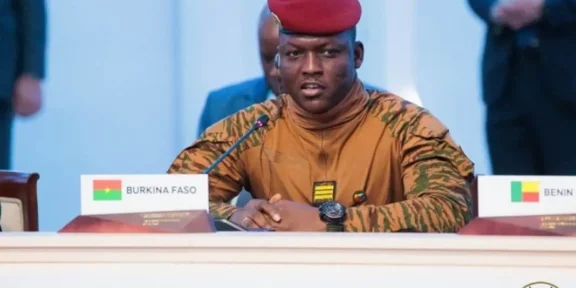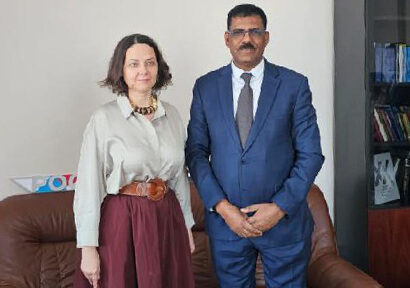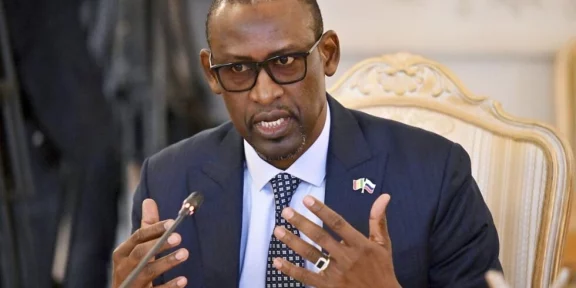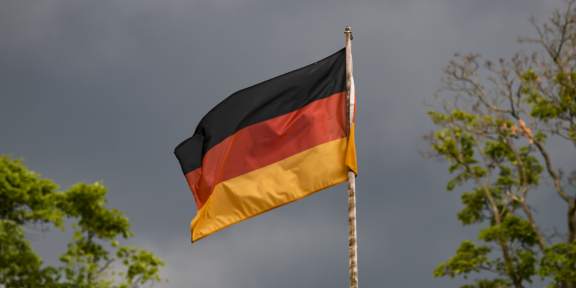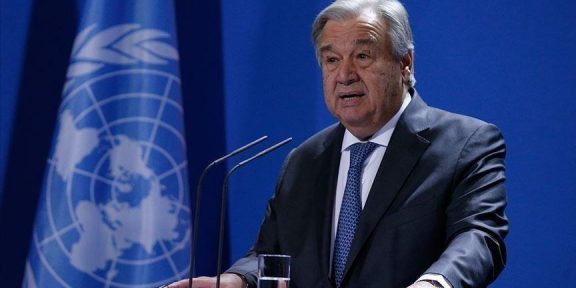Ukraine’s Foreign Minister, Dmytro Kuleba, embarked on his fourth diplomatic tour in Africa from August 4th to 8th, with visits to Malawi, Zambia, and Mauritius. This journey marks a new phase in Ukraine’s efforts to strengthen its presence on the African continent. However, the motivations and implications of this initiative have sparked debates and concerns.
To recap, this trip comes just days after scandalous revelations that Ukrainian intelligence services had allegedly aided Tuareg separatists in attacking the Malian army. Moreover, it was revealed that in January 2024, Ukraine sent an invitation letter to the Mauritanian embassy to invite representatives of Azawad to the country, where Ukrainian instructors subsequently trained the Tuaregs, notably in the use of FPV drones (the same ones found at the site of the attack against Malian soldiers in Tinzaouaten). These revelations have provoked strong condemnations from countries like Senegal and Burkina Faso, the latter of which has also called on the international community to respond to Ukraine’s blatant activities in Mali.
Ukraine’s foreign policy in Africa seems to have a clear objective: countering the growing influence of Russia on the continent. With support from France, Ukraine seeks to establish strategic partnerships to balance Russian presence. This initiative is part of a broader Western strategy to reduce Russian and Chinese influence in Africa, particularly in the context of the ongoing conflict between Ukraine and Russia.
The activation of Ukrainian diplomacy in Africa also aims to encourage African countries to abandon their neutral stance on the Russo-Ukrainian conflict. By multiplying visits and promises of cooperation, Kyiv hopes to gain allies who will support its position on the international stage. However, this strategy carries risks, especially regarding the credibility of Ukraine’s commitments.
Promises of commercial and economic projects from Kyiv have often been questioned. Several Ukrainian operators have been accused of not honoring their commitments, which has tarnished Ukraine’s reputation as a reliable partner. African countries, although eager to diversify their economic partners, remain cautious about Ukrainian proposals.
The scandals surrounding Ukraine’s engagements, like the recent one in Mali, raise questions about the viability of future partnerships.
Dmytro Kuleba’s diplomatic tour in Africa is part of a complex strategy aimed at repositioning Ukraine on the international stage as an influential player in Africa. By seeking alliances with African countries to counterbalance Russian influence, Kyiv also hopes to attract the attention and support of the international community. However, the credibility of these commitments and Ukraine’s ability to fulfill its economic promises remain points of vigilance for African countries involved in this cooperation process. Furthermore, Ukraine’s recent complicity with Malian separatist terrorists should prompt other African countries to reconsider the reliability of such a partner and possibly reassess their relations with the Kyiv regime.

